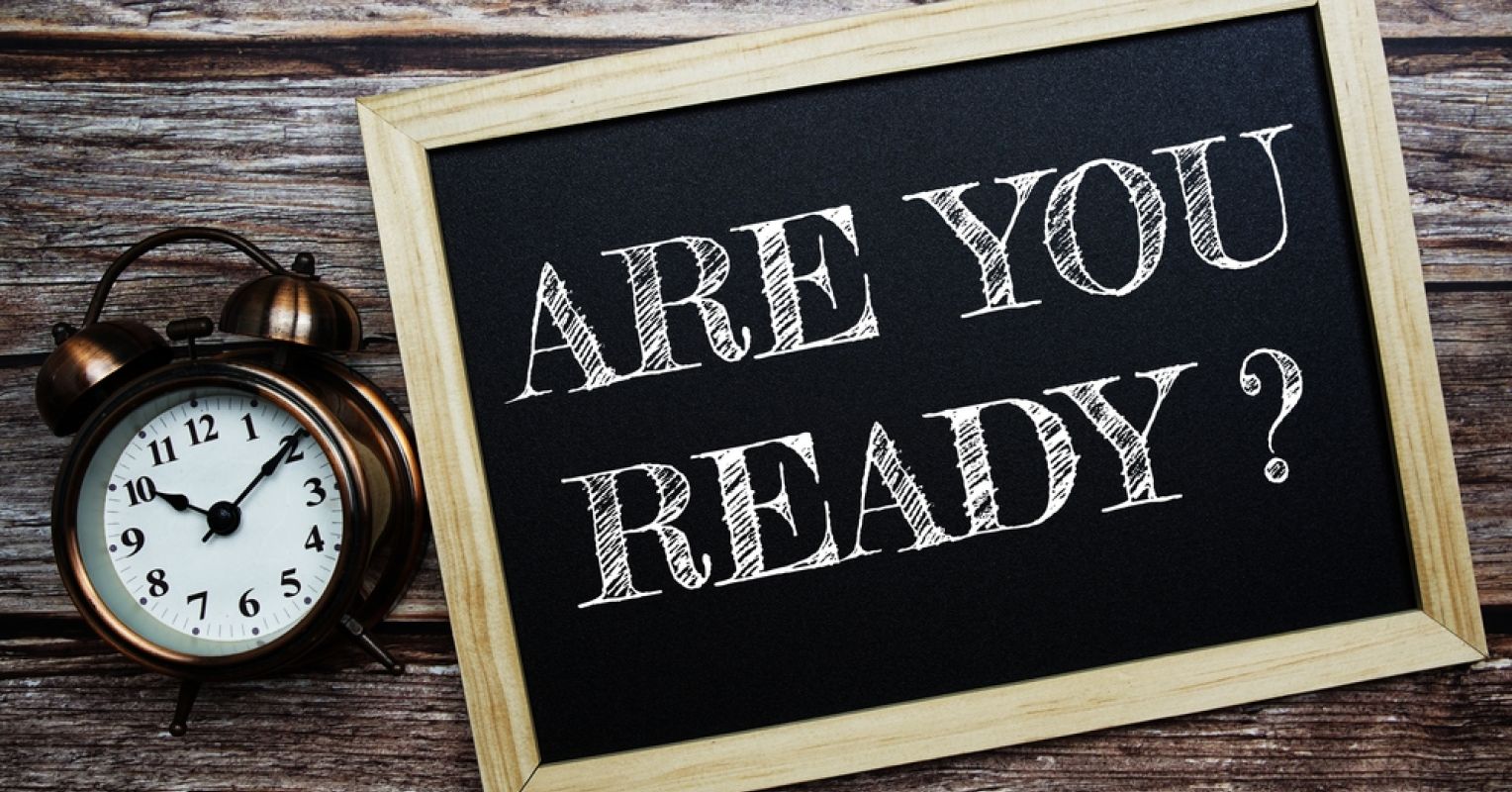
"Becoming a parent through egg donation can feel existentially enormous as it reshapes identity, lineage, and legacy. As a result, hesitation is a normal reaction, even when a child is deeply wanted to complete a family. What Decision Paralysis Often Symbolizes The hesitation to move forward with donor conception isn't always about the medical or logistical choice-it's about what that decision represents at a deeper emotional level."
"A common misconception is that there's an arrival point of feeling ready-when things feel certain and the path ahead is clear. But how can you be sure of something you've never done? Perhaps readiness isn't something we achieve but wisdom we gain through experience. For example, fertility journeys are not separate from the rest of our lives; they are deeply intertwined with them (Boivin et al., 2018). Countless small interactions, thoughts, and experiences continually shape and reshape our sense of readiness."
Becoming a parent through egg donation can provoke profound shifts in identity, lineage, and legacy, leading to hesitation despite strong desire for a child. Hesitation often signals emotional meanings beyond medical or logistical choices, including anxiety, shame, loss, or perceived failure when control and predictability break down. Donor conception requires reimagining family beyond genetics and can reveal differing partner expectations about parenthood, identity, and belonging. Acceptance of a new parental identity typically requires time, patience, and mutual processing. Readiness rarely arrives as a fixed state; it evolves through experience, everyday interactions, and accumulating wisdom during the fertility journey.
Read at Psychology Today
Unable to calculate read time
Collection
[
|
...
]